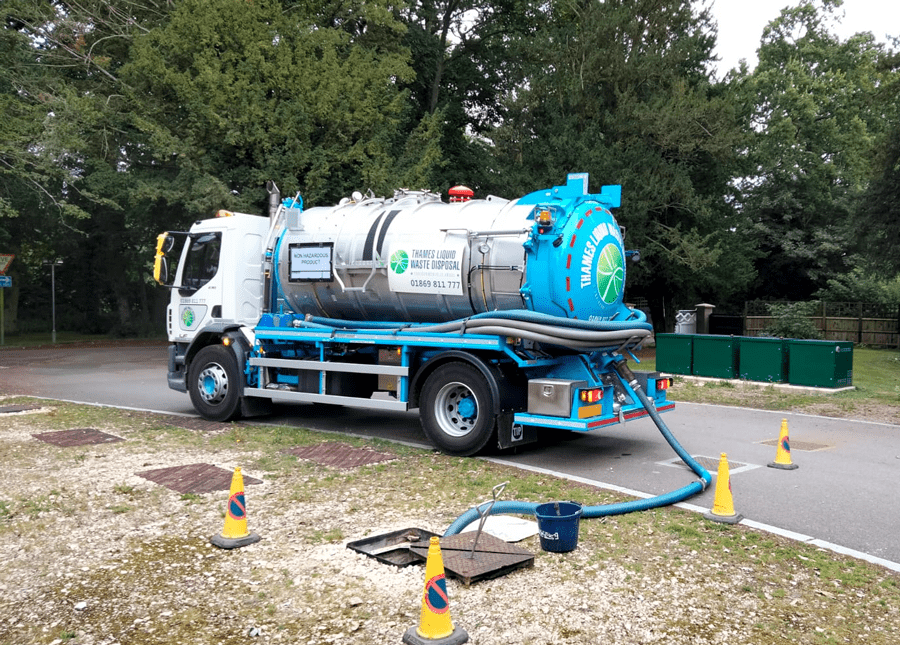What Does Reclaim Waste Mean?
What Does Reclaim Waste Mean?
Blog Article
The Facts About Reclaim Waste Revealed
Table of ContentsSee This Report on Reclaim WasteReclaim Waste Things To Know Before You Get ThisA Biased View of Reclaim WasteThe Of Reclaim WasteHow Reclaim Waste can Save You Time, Stress, and Money.
Domestic sewer waste refers to the waste and items from a domestic septic container. The proper monitoring and disposal of domestic sewage waste call for liquid waste to be transferred to a sewer treatment plant where the correct techniques and equipment are used to cleanse and dispose of waste.
Commercial waste commonly includes potential hazards, such as combustible products or a mixture of liquid and strong waste items, and calls for a more advanced and thorough disposal procedure. The disposal of business waste commonly involves the filtering of waste prior to transport to make certain safe and appropriate disposal. Hazardous waste is developed from results and runoff of industrial processes and manufacturing.
This type of waste can not use the exact same sewer monitoring transportation or processes as septic or business liquids. The industrial waste management process needs the inspection and testing of liquid waste prior to it undergoes the disposal procedure (liquid waste disposal). Runoff waste is the liquid waste that originates from drainage and excess stormwater in very populated locations or cities
Drainage waste can create contamination and flooding if not taken care of correctly. Making certain proper waste management can protect against catastrophes and decrease ecological injury.
An Unbiased View of Reclaim Waste
Get in touch with PROS Providers today to find out about our waste administration and disposal services and the correct means to care for the fluid waste you create.
(https://yoomark.com/content/httpsreclaimwastecomauservices)Do you understand what takes place to your water when you end, flush the commode or drain the cleaning maker? No? Well, it's worth recognizing. This supposed 'wastewater' is not only a vital source but, after therapy, will be launched to our land, waterways or the sea. Used water from commodes, showers, baths, cooking area sinks, laundries and industrial procedures is referred to as wastewater.

water made use of to cool equipment or clean plant and devices). Stormwater, a form of wastewater, is runoff that streams from agricultural and city locations such as roofing systems, parks, yards, roadways, courses and gutters into stormwater drains pipes, after rain. Stormwater moves neglected directly to local creeks or rivers, at some point reaching the ocean.
Indicators on Reclaim Waste You Should Know
In Queensland, a lot of wastewater is dealt with at sewage treatment plants. Wastewater is transferred from domestic or industrial sites through a system of sewers and pump stations, known as sewerage reticulation, to a sewer therapy plant. City governments build, maintain and run most sewer therapy plants. Operators are certified under the Environmental Defense Act 1994 to release cured wastewater at an appropriate ecological requirement right into waterways.
The Division of Natural Resources suggests neighborhood governments about managing, operating and keeping sewage systems and treatment plants. In unsewered areas, city governments may require householders to install individual or family sewer treatment systems to deal with domestic wastewater from bathrooms, kitchens, shower rooms and laundries. The Division of Natural Resources authorizes the use of household systems when they are confirmed to be efficient.
Many stormwater receives no therapy. In some new subdivisions, therapy of some stormwater to eliminate trash, sand and gravel has actually started utilizing gross contaminant traps. Wastewater therapy happens in four stages: Removes strong matter. Bigger solids, such as plastics and other things incorrectly released to sewers, are gotten rid of when wastewater is travelled through screens.
Uses tiny living microorganisms recognizes as micro-organisms to break down and remove staying liquified wastes and great bits. Micro-organisms and wastes are included in the sludge.
Some Ideas on Reclaim Waste You Should Know
Nutrient elimination is not available at all sewage therapy plants due to the fact that it calls for pricey specialized tools. It is coming to be more common in Queensland. Clear fluid effluent generated after therapy might still consist of disease-causing micro-organisms. If this effluent is launched right into rivers such as rivers or the sea, the micro-organisms will at some point die out.

This usually means wastewater needs to be dealt with or contaminants removed prior to find it can be discharged to rivers. The majority of wastewater streams into the sewage system. Under the Act, regional governments administer authorizations and licences for environmentally pertinent tasks (Ages) involving wastewater launches that might have a neighborhood influence. The department carries out approvals and licences to Ages involving wastewater launches that might have a local or statewide impact.
9 Easy Facts About Reclaim Waste Shown
Or else, samples are taken for research laboratory evaluation. Typically several tests are needed to establish the degrees of each of the various pollutants such as oils, heavy steels and chemicals in water. Surveillance offers valid info concerning water high quality and can confirm that licence problems are being fulfilled. The information gotten through monitoring supplies the basis for making water high quality choices.
Report this page